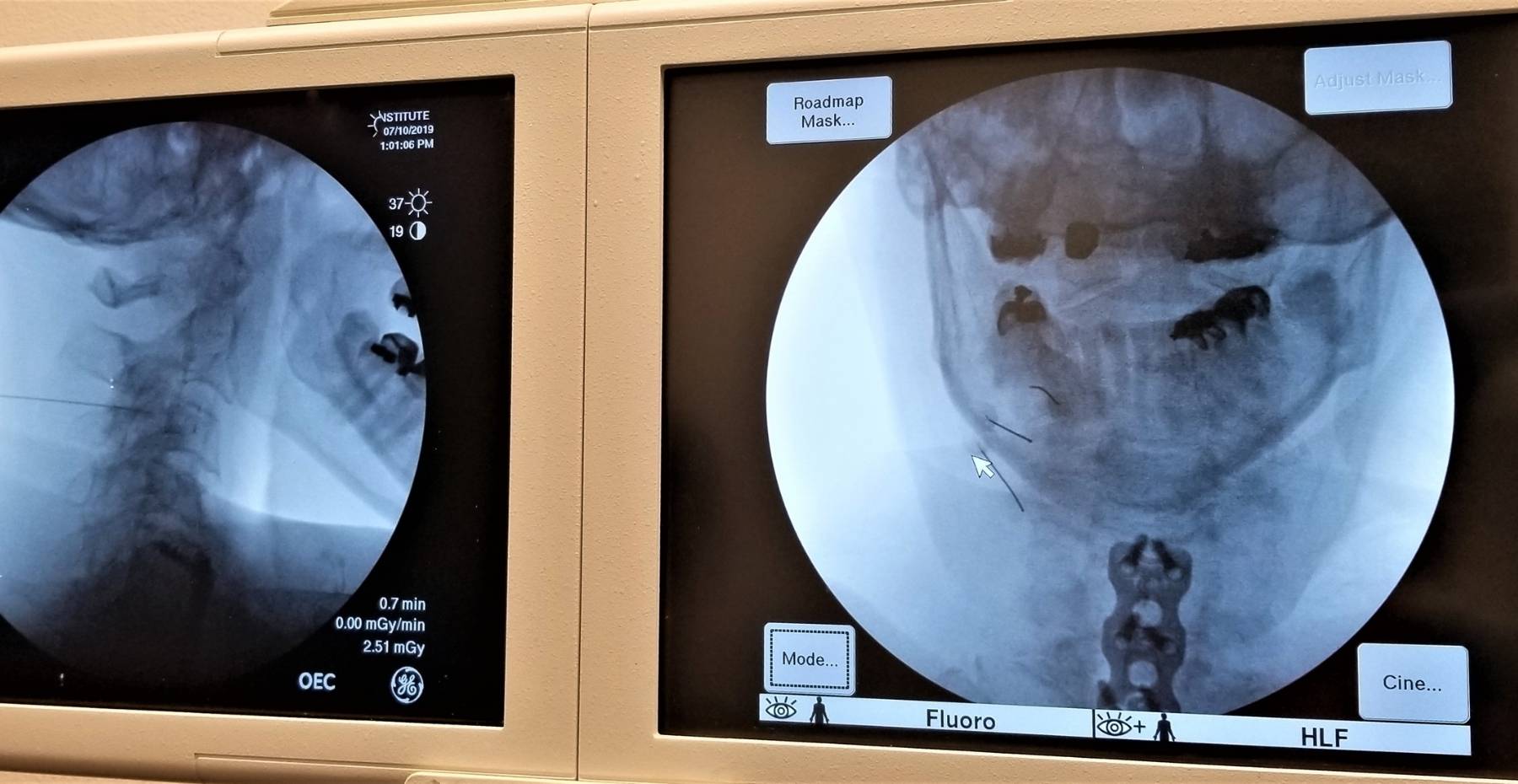Your musculoskeletal system is what gives your body the ability to move. It’s made up of bones, joints, muscles, tendons, and ligaments. This system allows you to do everything from picking up a pencil to running a marathon.
Unfortunately, this system isn’t always perfect. Sometimes, things can go wrong. One of the most common problems is myofascial pain syndrome (MPS). Almost 85% of people who see a doctor for muscle pain suffer from MPS.
In this article, we’ll take a closer look at MPS. We’ll discuss its symptoms, causes, and treatment options. By the end, you should better understand this common condition.
What is Myofascial Pain Syndrome?
The muscles in your body are made up of fibers. These fibers are surrounded by a connective tissue called fascia. Fascia is a strong, flexible material that allows muscles to move smoothly.
Myofascial pain syndrome (MPS) is a chronic pain condition that affects the muscles and connective tissues. It’s also known as myofascial trigger point pain syndrome, myofascial pain dysfunction syndrome, and fibromyalgia syndrome type 2.
Myofascial pain syndrome occurs when the fascia becomes tight or irritated. This can happen for several reasons, including overuse, injury, or stress. When the fascia is tight, it can cause the muscle fibers to bunch up. This can lead to pain, inflammation, and muscle stiffness.
What are the Symptoms of Myofascial Pain Syndrome?
Myofascial pain syndrome is a condition that causes chronic pain in your muscles. It can also spread to other parts of your body. The pain is usually a dull ache. It may feel like a throbbing or burning sensation.
The pain associated with MPS is often localized. This means it’s confined to one area of your body, such as your neck, back, shoulders, or hips. In some cases, the pain may radiate to other parts of your body. For example, if you have MPS in your low back, you may also experience pain in your buttocks or legs.
MPS can also cause other symptoms, including:
- Fatigue
- Sleep problems
- Anxiety
- Depression
- Headaches
What causes myofascial pain syndrome?
Several factors can contribute to MPS. These include:
Overuse: Repeating the same motions over and over again can lead to MPS. This is often seen in people who do manual labor or play sports.
Injury: An injury to your muscles, tendons, or ligaments can cause MPS. This includes everything from a car accident to a fall.
Stress: Physical or emotional stress can trigger MPS.
Poor posture: Slouching or sitting in one position for too long can strain your muscles and fascia. This can lead to MPS.
Who is at Risk for Myofascial Pain Syndrome?
Some factors can increase your risk for MPS. These include:
Age: MPS is more common in people over 40. This may be because our muscles and fascia become less elastic as we age.
Sex: Women are more likely to develop MPS than men. This may be due to hormonal changes or differences in muscle composition.
Occupation: People with physically demanding jobs are at a higher risk for MPS. This includes jobs requiring repetitive motions, such as factory or assembly line work.
Medical conditions: Certain medical conditions can increase your risk for MPS. These include diabetes, arthritis, and fibromyalgia.
How to Diagnose Myofascial Pain Syndrome?
MPS can be difficult to diagnose. This is because its symptoms are similar to other conditions, such as arthritis, fibromyalgia, and tension headaches.
Your doctor will likely ask about your medical history and symptoms to diagnose MPS. They may also perform a physical exam. During the exam, they will look for trigger points. These are tender spots in your muscles that can cause pain.
In some cases, your doctor may also order imaging tests. These can help rule out other conditions, such as a herniated disc. Imaging tests include X-rays, MRI scans, and CT scans.
How ReleviiMed Spine & Wellness Can Help?
If you think you may have MPS, it’s important to see a doctor. ReleviiMed Spine & Wellness can help you diagnose and treat MPS. We offer a variety of services, such as injections and physical therapy. We also offer sedation for our more invasive procedures.
Our goal is to help you find relief from your pain. We will work with you to create a treatment plan that fits your needs. Contact us today to schedule an appointment.



